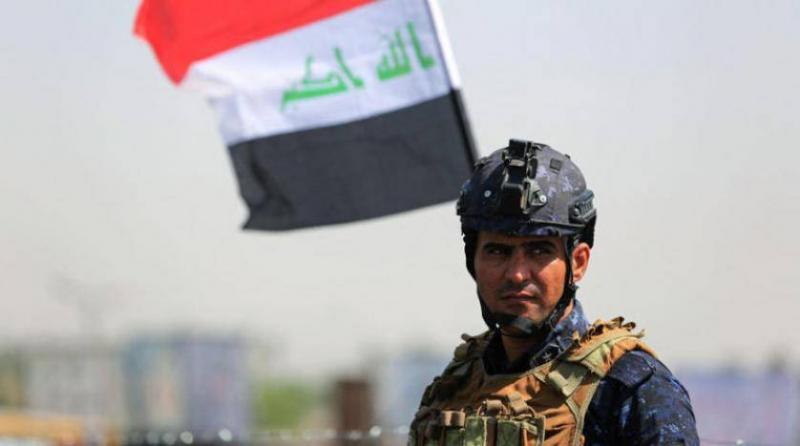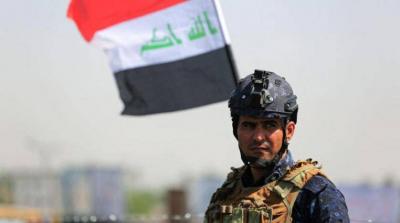With the recent increase in ISIS attacks in Iraq, particularly the two attacks in Kirkuk and Diyala that resulted in nearly 30 civilian and military casualties, the Iraqi government is seeking to implement new mechanisms to counter the threat of the terrorist group's resurgence. In this context, Iraqi Prime Minister Mohammed Shia' al-Sudani issued a series of directives and instructions to security leaders following ISIS's recent series of attacks in Diyala, Kirkuk, and other areas.
The media office of the Prime Minister revealed that al-Sudani chaired a high-level security meeting that included the Chief of Staff of the Army, the Deputy Commander of Joint Operations, and several senior security and military leaders from various security forces. According to a statement, the meeting was "dedicated to discussing recent security developments in the provinces of Kirkuk and Diyala, which witnessed terrorist attacks that resulted in the martyrdom and injury of several security personnel and civilians."
### New Features in the Fight Against ISIS
The statement emphasized that the Commander-in-Chief of the Armed Forces confirmed that "what happened will not go unpunished," directing "military leaders to conduct a comprehensive reassessment of the established plans, change the military tactics used in areas witnessing terrorist activity, and adopt unconventional methods of confrontation that weaken the capabilities of ISIS elements and limit their movements."
Al-Sudani directed "all commanders and leaders to be present on the ground in operational areas, to be close to their officers and personnel, raise their military morale, and directly oversee the plans and their field implementation."
He also highlighted "the necessity of high coordination between intelligence agencies, maintaining high readiness, and conducting qualitative and preemptive operations against the enemy wherever it may be."
Observers and experts on terrorist groups believe that ISIS is attempting to return strongly to the provinces of Iraq where it was previously active during its control of large areas of the country between 2014 and 2017. They argue that to address this imminent danger and prevent a return to the "first square" in the fight against terrorism, it is essential to intensify and review security plans and expand the scope of preemptive intelligence and military operations against the organization's hideouts and dormant cells in areas where these remnants are present, from Diyala in the east through Salah al-Din and Kirkuk to Nineveh and Anbar in the west, and across the Iraqi-Syrian border.
Experts believe that implementing the Iraqi government's new recommendations effectively can significantly curb the factors that motivate the terrorist organization to regain its footing and begin escalating its criminal operations against Iraqi civilians and military personnel.
### Factors for the Return of ISIS in Iraq
Dr. Ihsan al-Shammari, the director of the Political Thinking Center in Baghdad, explained in an interview with "Sky News Arabia" that "there are certainly complex and intertwined conditions and factors that have enabled ISIS to return and escalate its terrorist operations in Iraq again." He highlighted that ISIS is exploiting political disagreements and crises in the country, particularly the recent ones that lasted over a year until a new government was formed after the October elections last year, which created significant gaps and disruptions affecting the state and its institutions.
Al-Shammari added: "There are also the disputes and unresolved issues between Baghdad and Erbil and the weak coordination between them, which allowed ISIS to exploit that, especially in provinces that have regions forming contact lines between Iraqi forces and the Peshmerga, such as Kirkuk, Diyala, Salah al-Din, and Nineveh."
Other reasons mentioned by al-Shammari include:
- Weak preemptive intelligence and security efforts in those provinces, allowing dormant ISIS cells to expand.
- The reassessment of cooperation with the international coalition against terrorism by Baghdad, which has revitalized ISIS.
- The attempt by some political parties in the government to control sensitive security positions, resembling political quota systems, negatively affecting professional security and military performance.
- The failure to return displaced individuals to their homes and the lack of reconstruction in their regions due to the absence of organized transitional planning to normalize life and situations in those provinces, which ISIS occupied between 2014 and 2017 and is now trying to expand into again.




